|
Dzaleka refugee camp is in the country of Malawi. A former detention centre for political prisoners, it is now home for over 54,000 refugees from countries such as DRC, Burundi, Rwanda, Ethiopia and Somalia. Through our partners, There is Hope Malawi, and Health Partners International of Canada, we have collaborated to bring humanitarian medical kits to the health clinic that serves the camp and the surrounding community – over 80,000 people. Our executive director Laura Dobrowolski recently visited the camp and returned with many stories of beauty and hope. Here is one reflection... It was Sunday afternoon in the camp, and this small and festively decorated church was a gathering spot for youth from many churches within the camp. They came together for a friendly Bible Quiz competition (complete with prizes) and finished with some spoken word and musical numbers, demonstrating energy and talent, joy and creativity. It was a beautiful reflection of the life and community to be found in Dzaleka. The church is at the core of so much here:
May you be encouraged, as I am, by the work of faith communities within refugee camps to restore hope. And may you sense the invitation, as I do, through the UNHCR’s Call to Faith Leaders to welcome the stranger. WELCOMING THE STRANGER: AFFIRMATIONS FOR FAITH LEADERS A core value of my faith is to welcome the stranger, the refugee, the internally displaced, the other. I shall treat him or her as I would like to be treated. I will challenge others, even leaders in my faith community, to do the same. Together with faith leaders, faith-based organizations and communities of conscience around the world, I affirm: I will welcome the stranger. My faith teaches that compassion, mercy, love and hospitality are for everyone: the native born and the foreign born, the member of my community and the newcomer. I will remember and remind members of my community that we are all considered “strangers” somewhere, that we should treat the stranger to our community as we would like to be treated, and challenge intolerance. I will remember and remind others in my community that no one leaves his or her homeland without a reason: some flee because of persecution, violence or exploitation; others due to natural disaster; yet others out of love to provide better lives for their families. I recognize that all persons are entitled to dignity and respect as human beings. All those in my country, including the stranger, are subject to its laws, and none should be subject to hostility or discrimination. I acknowledge that welcoming the stranger sometimes takes courage, but the joys and the hopes of doing so outweigh the risks and the challenges. I will support others who exercise courage in welcoming the stranger. I will offer the stranger hospitality, for this brings blessings upon the community, upon my family, upon the stranger and upon me. I will respect and honor the reality that the stranger may be of a different faith or hold beliefs different from mine or other members of my community. I will respect the right of the stranger to practice his or her own faith freely. I will seek to create space where he or she can freely worship. I will speak of my own faith without demeaning or ridiculing the faith of others. I will build bridges between the stranger and myself. Through my example, I will encourage others to do the same. I will make an effort not only to welcome the stranger, but also to listen to him or her deeply, and to promote understanding and welcome in my community. I will speak out for social justice for the stranger, just as I do for other members of my community. Where I see hostility towards the stranger in my community, whether through words or deeds, I will not ignore it, but will instead endeavour to establish a dialogue and facilitate peace. I will not keep silent when I see others, even leaders in my faith community, speaking ill of strangers, judging them without coming to know them, or when I see them being excluded, wronged or oppressed. I will encourage my faith community to work with other faith communities and faith-based organizations to find better ways to assist the stranger. I will welcome the stranger.
0 Comments
Written by Alison Witt, who co-leads the Prayer Pilgrimages with Sharon Schmidt. I used to think prayer was boring. Of course I knew prayer was important- but for me it was more in the same category as eating kale or going to the dentist. That category of ‘things I know are good to do but just don’t bring me delight’. Something changed along the way though and I can honestly say that prayer has brought me much delight over the past few years. Participating in neighbourhood prayer walks, spending time in interactive prayer rooms, and going on silent retreats have all been part of helping me learn to pray in more creative and expansive ways. When I was a child I was taught that prayer is a ‘two-way conversation between you and God’. That sounded really attractive, yet for most of my life that simply wasn’t my experience. My prayer life was much more of a monologue involving me pouring out my heart to God (or at its worst reading through my shopping list of prayer requests.) Slowly I am learning to listen. To pay attention. To hear what God is saying to me. And it is so energizing! One of the prayer practices that has been particularly life-giving for me is prayer pilgrimage. Pilgrimage is going on a journey with a particular spiritual motivation. Not as a tourist who goes to consume, but rather going with a posture of listening to God and encountering Him along the way. A few years ago I was invited to go on a week-long pilgrimage to Iona, Scotland. I had a specific question I was taking with me and seeking God's direction about. The journey was filled with prayer, reflection, worship, beauty and many hilarious adventures. And in the midst of it, God spoke to me. It was so incredibly personal and meaningful. I’ve come to understand that it’s not so much about the length of time - pilgrimages can be a week, a month, a year… or even just one day. It’s about the intention and the posture with which you are approaching your trip. Since prayer is at the centre of what we do at IAFR Canada we have been experimenting with ways to build pilgrimage into our ongoing ministry. Some of our team already went on an international prayer pilgrimage to the Mexican-Guatemalan border but we wondered if there are some strategic places right here in Canada where God might want us to go and pray. Border crossings are a liminal space- a place where life and death decisions are made and life altering actions occur. The Fort Erie- Buffalo border is one of the main official entry points for refugee claimants entering Canada. It is also a symbolic place that represents all the other unofficial, and official crossing points along the very extensive Canada-US border. We sensed that this is a place God was leading us to go and pray. So in early June we invited a group of pastors and ministry leaders to join us on a day-long prayer pilgrimage to the Peace Bridge in Fort Erie. One of the pastors who joined us was Jesse Hill from Philpott Church in Hamilton. He said “The prayer pilgrimage was a great opportunity to encounter a hidden side of the refugee experience, and to pray about how the Lord might be at work among refugees in my own community. It was both refreshing and eye-opening”.
These day-long pilgrimages are filled with learning about the experiences of refugee claimants, and learning about listening prayer, which have become two of my favourite things. So I guess it's no surprise that these pilgrimages to the border bring me great delight. (For the record, I am also experiencing much delight in eating fresh kale from my garden, but I still avoid going to the dentist.) IAFR Canada anticipates hosting day-long prayer pilgrimages to the CAN-US border twice a year, fall and late spring. If you know a church leader who might want to join us on a future prayer pilgrimage, please let us know! |
WELCOME!
Our vision is to help people survive and recover from forced displacement. We do this together with the church, both globally, and locally in Canada. Archives
May 2024
Categories |
ABOUT IAFR.CA |
OPPORTUNITIES |
AFFILIATES
|
CONTACTIAFR Canada
374 Sheppard Ave E Toronto, ON M2N 3B6 [email protected] Please Note: IAFR Canada does not sponsor people to resettle in Canada. You may want to contact one of Canada's sponsorship agreement holders. |
|
*IAFR Canada is a distinct organization from IAFR USA
All photos on this website are by IAFR unless otherwise noted |
© 2020 International Association For Refugees Canada

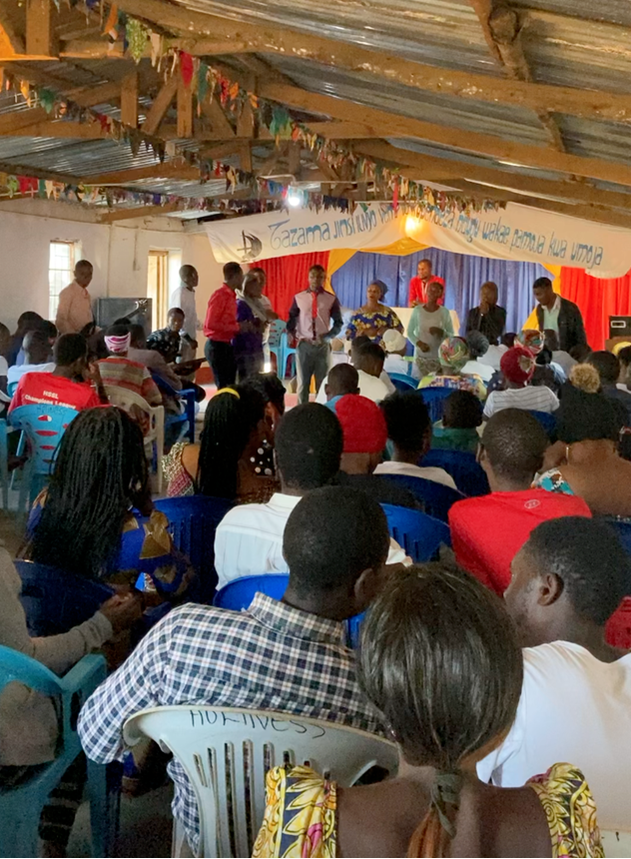
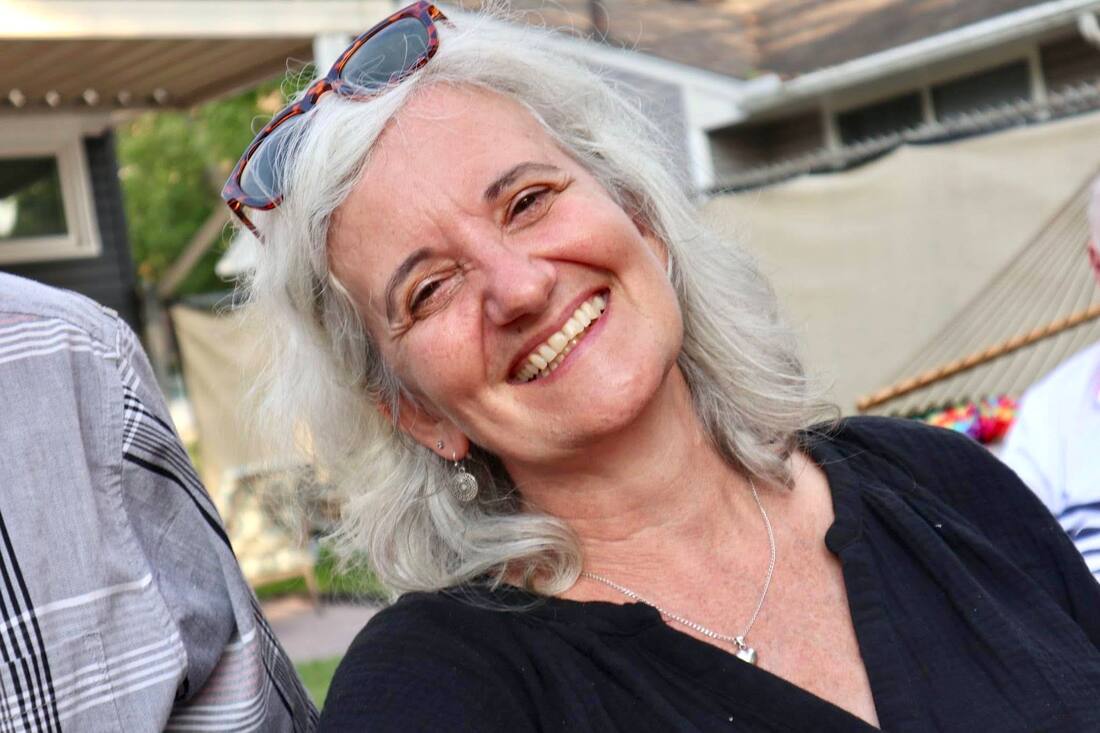
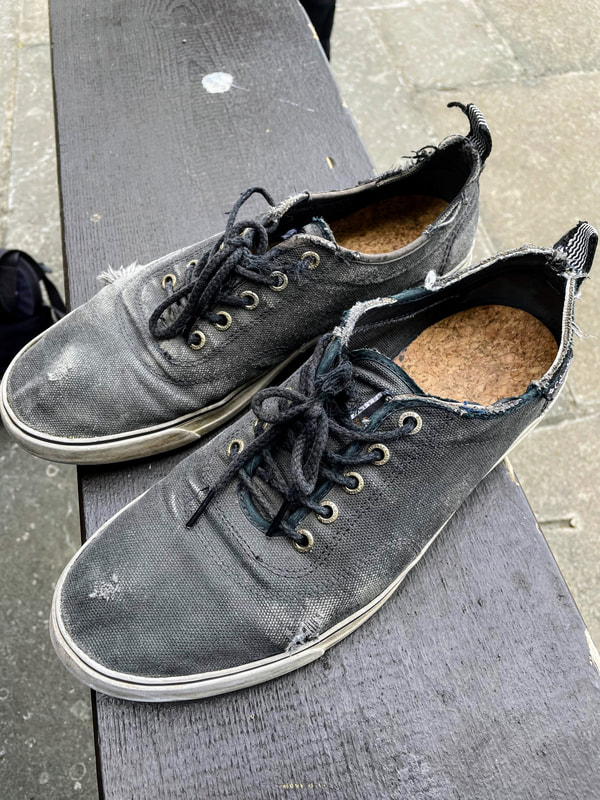
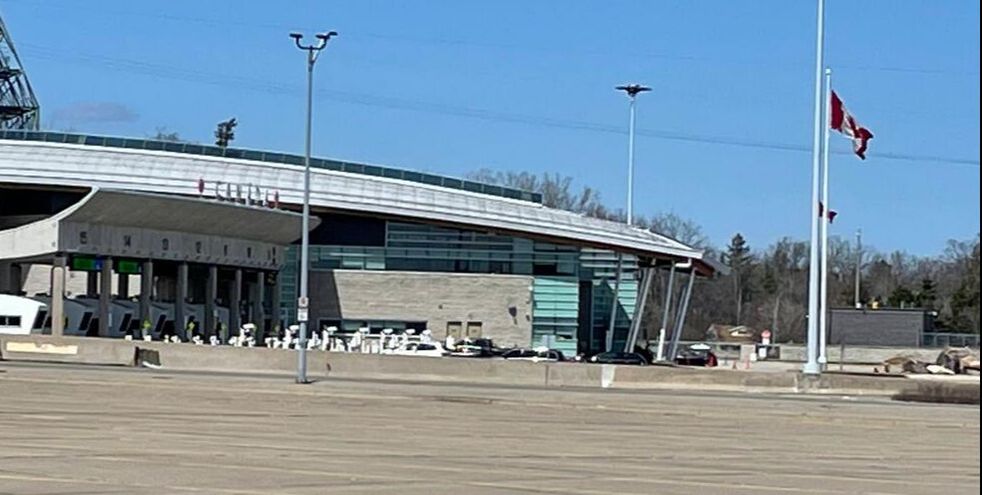
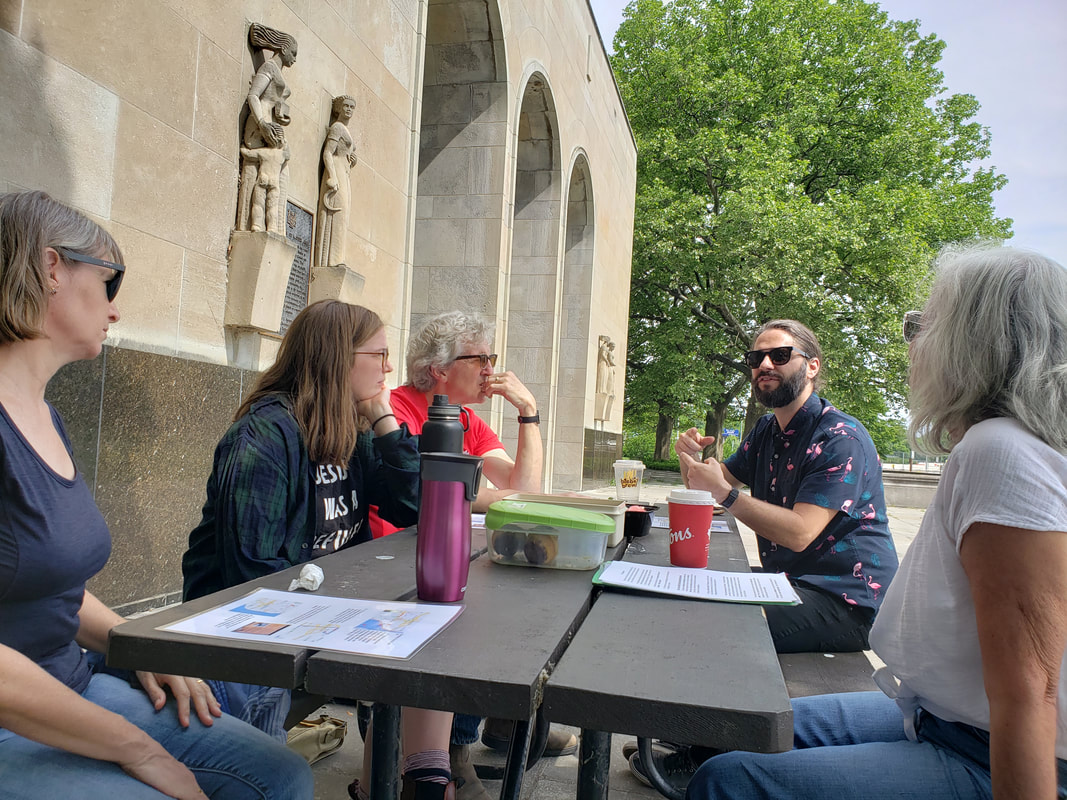
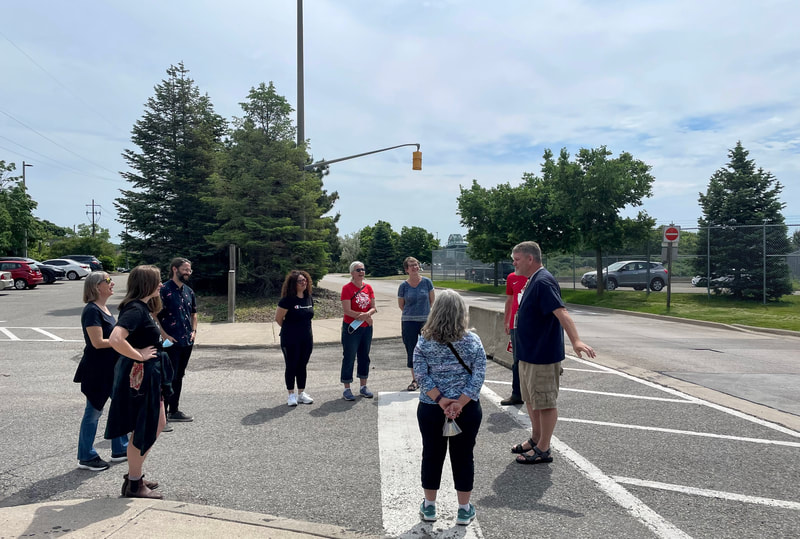
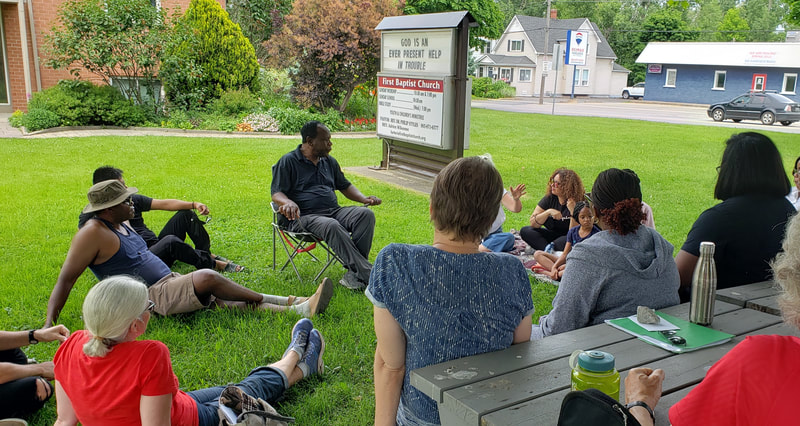
 RSS Feed
RSS Feed